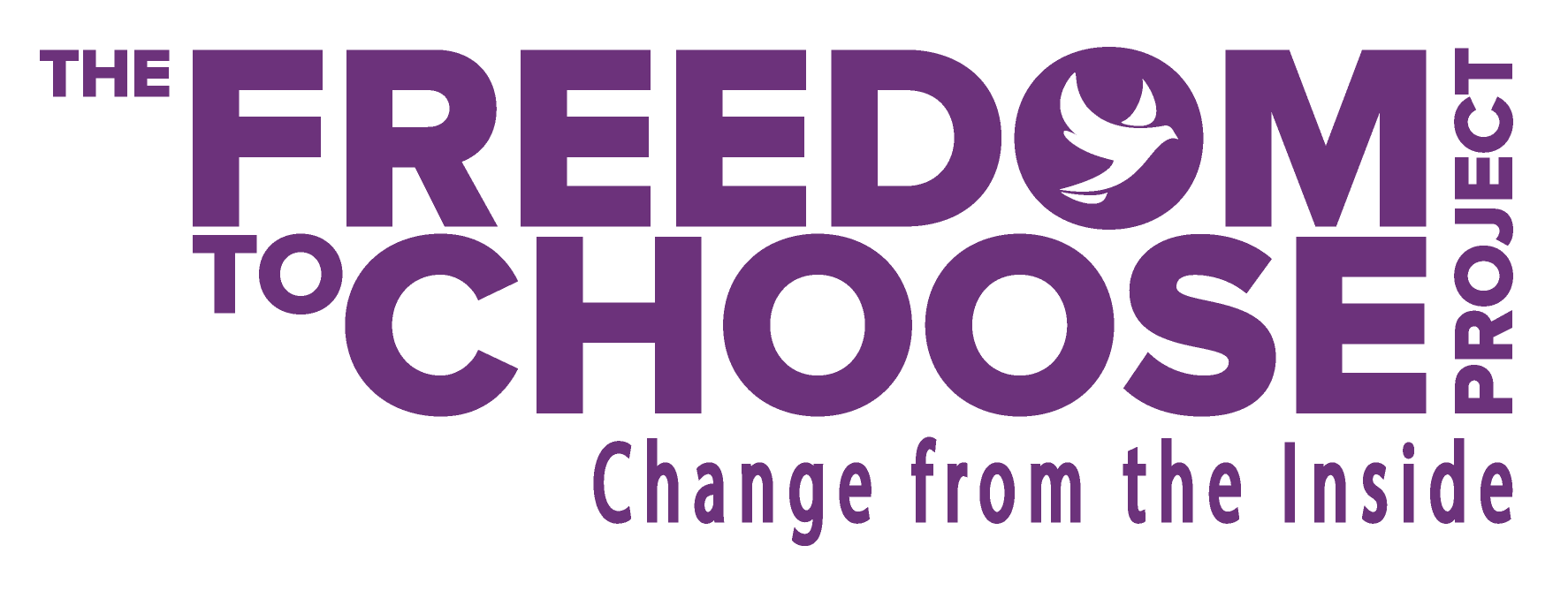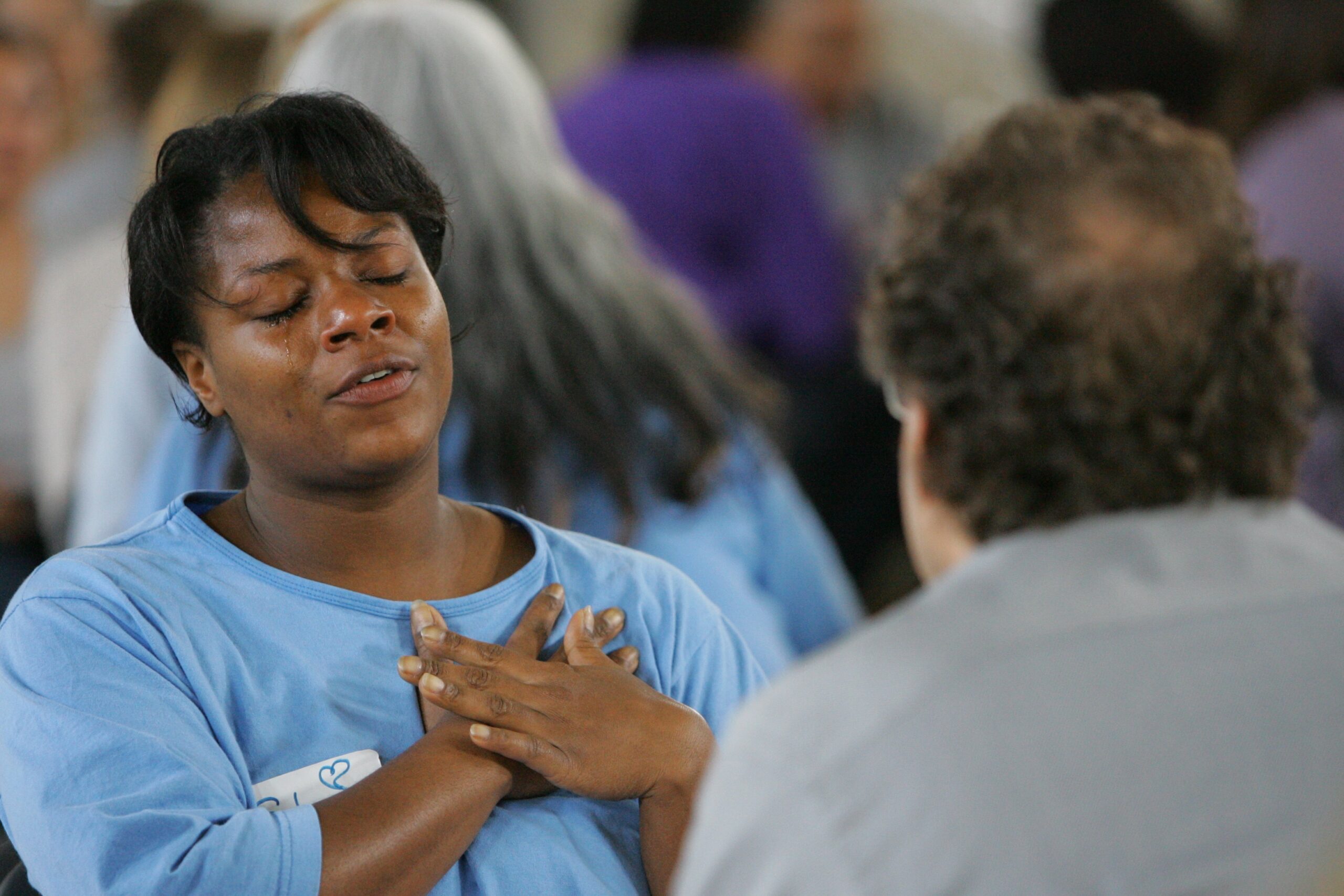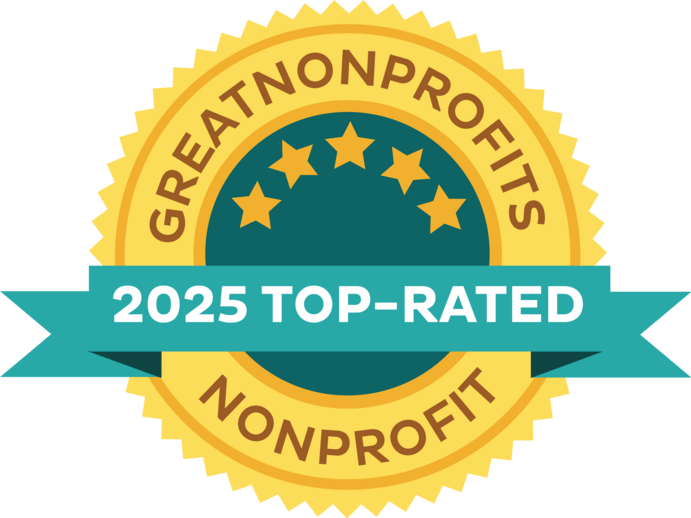It started at maximum security Valley State Prison for Women in Chowchilla.
Rhonda Leland, a self-proclaimed “lifer,” wrote a letter in 2002 to the president of the University of Santa Monica, a private graduate school offering master’s degrees in spiritual psychology, requesting that he come give a talk at the prison. Ms. Leland had seen his name listed on the back of a “Chicken Soup for the Soul” book and hoped that he would be able to help the women improve their self-esteem.
That request made its way to USM faculty members Drs. David and Bonnie Paul of Santa Barbara. In 2004, they brought the school’s spiritual psychology methods to the prison in the form of a workshop called Freedom to Choose.
Grounded in a non-denominational study that focuses on the human need for respect and love, the workshops, which continue today under the couple’s nonprofit Freedom to Choose Project, are meant to teach participants communication skills to improve relationships with others and themselves, guidance on making more effective choices as well as help them learn healthy ways to deal with anger and other emotional issues.
“I do use the tools that I’ve learned and it’s a part of my life,” a woman who’d recently been released from Valley State Prison said in a video posted on the Freedom to Choose Project’s website. “It’s a part of my everyday life, my relationships with my family, my significant other, my friends. … Freedom to Choose encouraged me to become the authentic person that I am inside and to embrace that beautiful person that I am, because I know I’m worthy.”
Because the workshops, that continue to be given twice a year at the prison, have helped many of those involved, the Pauls incorporated The Freedom to Choose Project as a nonprofit, aimed at bringing this work to the community.
“If women in prison can make that much of a difference in their lives, imagine what I can do in mine,” Dr. Bonnie Paul told the News-Press on a recent community night the Freedom to Choose Project hosted at the Veterans Memorial Building on Cabrillo Boulevard, explaining why someone would want to attend a workshop.
The free community nights, which complement the two-day workshops the Pauls have sporadically hosted countywide from Lompoc to Santa Barbara since 2009, attract representatives from local nonprofits, the Santa Barbara County Sheriff’s Department, people who were formerly incarcerated or are undergoing drug treatment programs, as well as community members who want to offer their support.
On a recent community night, the fifth consecutive meeting now held monthly at the veterans building, the topic was respect.
“Respect is such an interesting concept,” Dr. Bonnie Paul told the crowd of about 50, standing in the front of the room at the podium with her husband. “It’s different for different people, but don’t we all know when someone crosses a line? Don’t we know that instantly?”
The Pauls explained that although respect is a concept we learn from our families, cultures, schools and the people we encounter in youth, it is something that many can work on. Not only do people need to recognize that all are worthy of love and respect (one of the main principles of the program), but people also need to treat themselves with that same love and respect.
After an introduction, individuals shared with the group what they hoped to gain from the exercise. Most came wanting to learn more effective communication skills and ways to improve their relationships. After group sharing, participants dispersed into threes in what the nonprofit refers to as trios.
With a Freedom to Choose handout to guide them, participants took turns sharing and listening. The prompts include questions designed to encourage participants to reflect on their attitudes and to look honestly at the choices they’ve been making, with the intent of realizing if their actions contribute to what they find as undesirable circumstances in their lives. Examples of this are: “Tell me about what respect means to you in a relationship” and “How are you demonstrating these qualities of respect with yourself?”
At the end of each person’s 12 minutes of sharing (it’s longer in the workshops), each group member discusses what they observed or learned. The other two members of the trio, the “neutral observer” and the “facilitator” (the person asking the questions), are not allowed to give advice. Their function is to listen and help the sharer discover how he or she can change his or her attitude and make different choices to improve quality of life.
“The essence of what we teach is responsible choice,” Dr. David Paul explained to the News-Press, citing Stephen Covey and his popular self-help book “The 7 Habits of Highly Effective People.” The idea is that the circumstances people live in today are significantly impacted by the results of their choices yesterday.
One person who has benefited from this work is Jeff Essex, an intervention specialist who works with parolees and probationers who are re-entering society from incarceration. Mr. Essex, a self-proclaimed “tough guy” says that when his boss first had him go to a Freedom to Choose workshop, he was skeptical; at Mr. Essex’s first meeting he even joked “they are trying to turn us into a bunch of chicks!”
Mr. Essex, 48, a former drug addict who has served hard time for bank robbery, admits that even though he was drug free and helping others re-enter society before going to a workshop about a year ago, he still had a lot to learn.
“By the second day (of the workshop in Santa Maria) I was committed,” Mr. Essex told the News-Press. “It really started to impact the way I thought about myself and reach- ing for my goals and going outside of my comfort zone to achieve the dreams that I’ve always had.”
Once Mr. Essex resolved some of his issues from the past and recognized some of the fears, he said he’s been able to figure out what he wants to do with his life and advance professionally and personally.
“It’s surprising what choices we are free to make if we just allow ourselves to make the choices,” he said.
The name Freedom to Choose, which the Pauls say can be confusing because the language evokes thoughts on abortion, comes from Viktor Frankl, an Austrian psychiatrist who survived the Nazi concentration camps during the Holocaust. The Pauls say that what Mr. Frankl learned during his three years at the death camps inspires the nonprofit’s work.
“He discovered that under the worst personal circumstances, there is one essential freedom that can never be taken away from any person and that’s the freedom to choose one’s attitude regardless of circumstances,” Dr. David Paul said.
The Pauls are volunteer directors of the nonprofit, working 20-30 hours a week on top of their part-time faculty positions at University of Santa Monica. He is also part-time faculty at Saybrook Graduate School and Research Center in San Francisco, and does part-time consulting in medicine, while she does part-time consulting in psychology.
The Pauls say that Freedom to Choose is not just for people who have struggled with crime or drug abuse.
“Many people feel like they’re the victim of their circumstances and that’s just not people in prison,” Dr. David Paul said. “That’s everyone.”
“As long as we have a pulse, challenges will come up and the skills we teach are ways to deal with that,” Dr. Bonnie Paul said. “When we can help someone else get out of despair or sorrow or suffering, it helps us, too.”
Written by: NIKKI GREY, NEWS-PRESS STAFF WRITER / email: [email protected]








